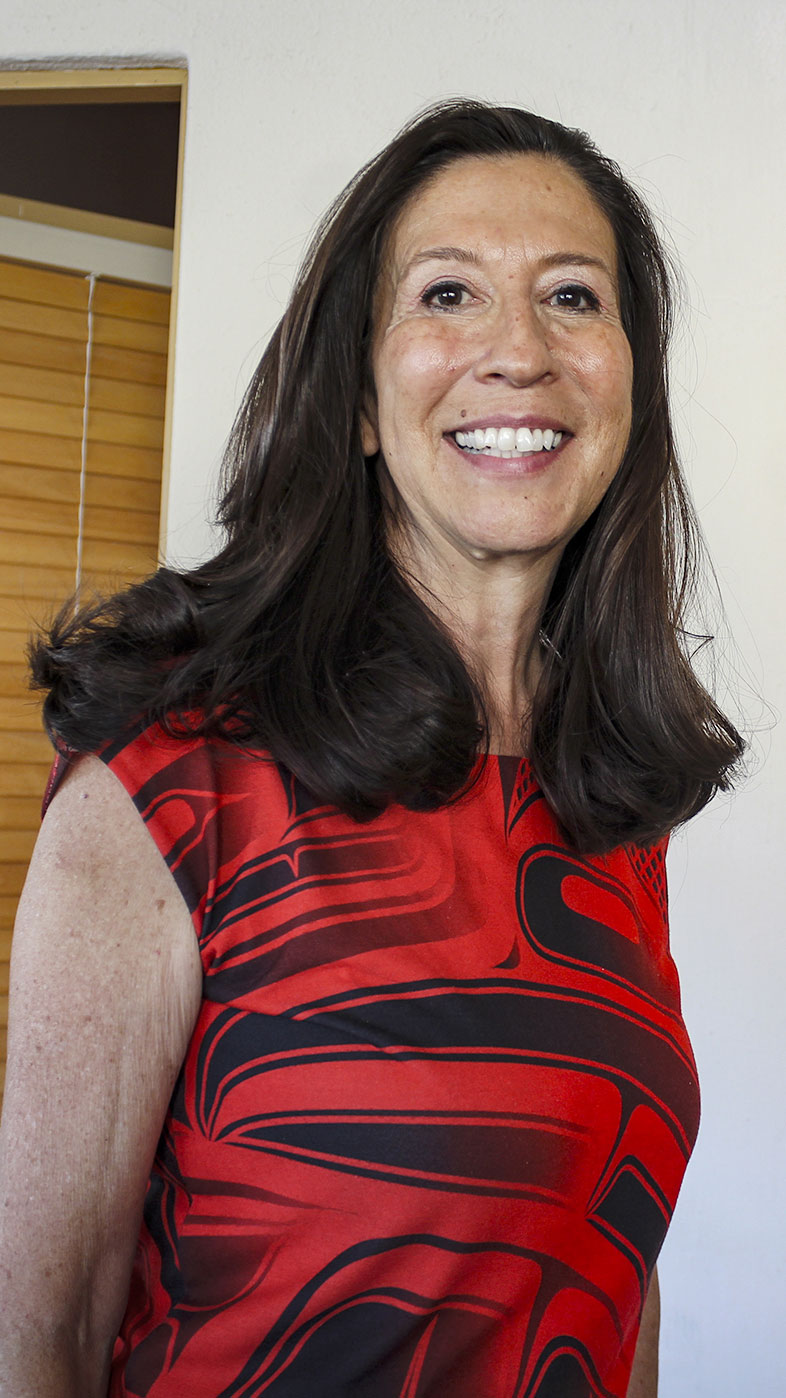News Interview: Fernandez From District 3
On Elections, Democracy And El Norte


Corey Yazzie
Latest Article|September 3, 2020|Free
::Making Grown Men Cry Since 1992


Corey Yazzie


